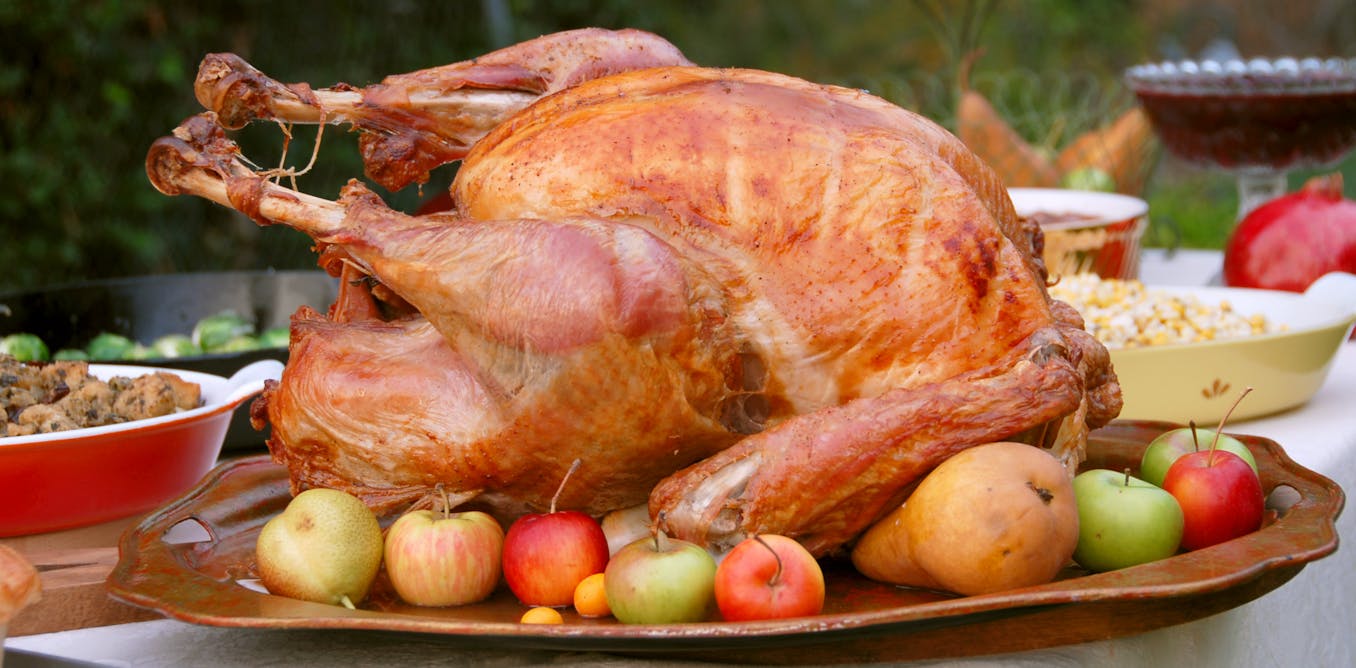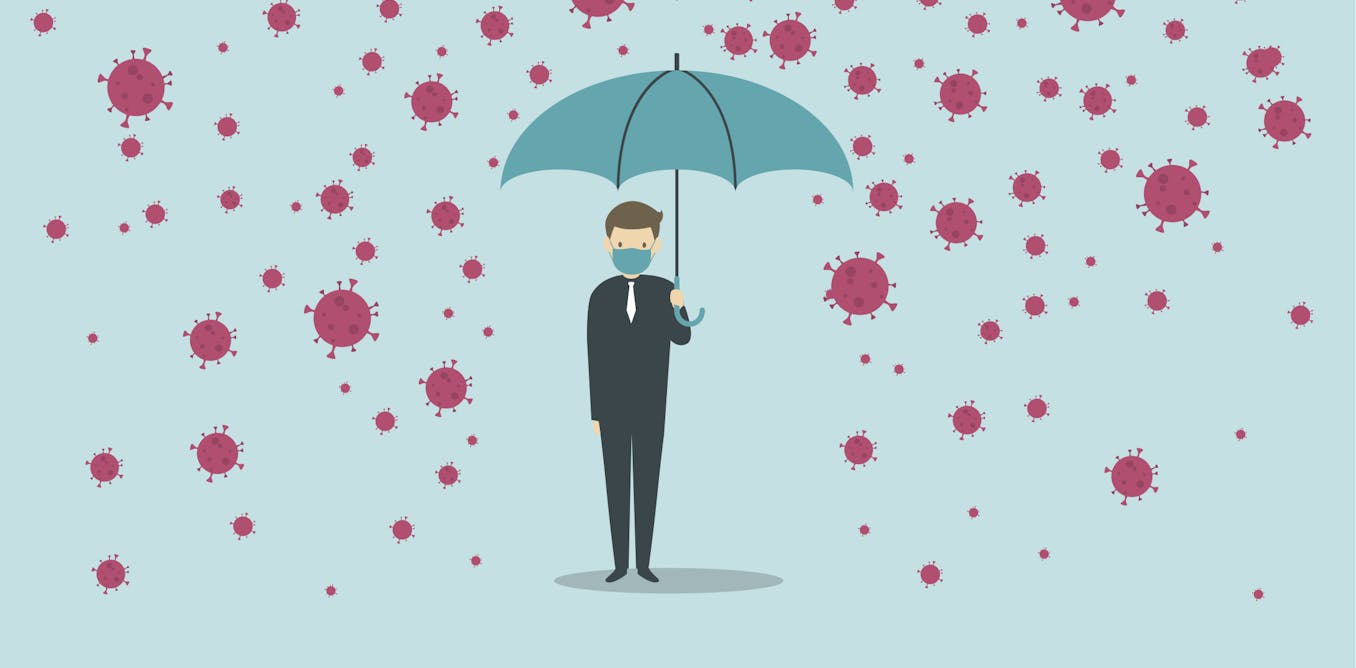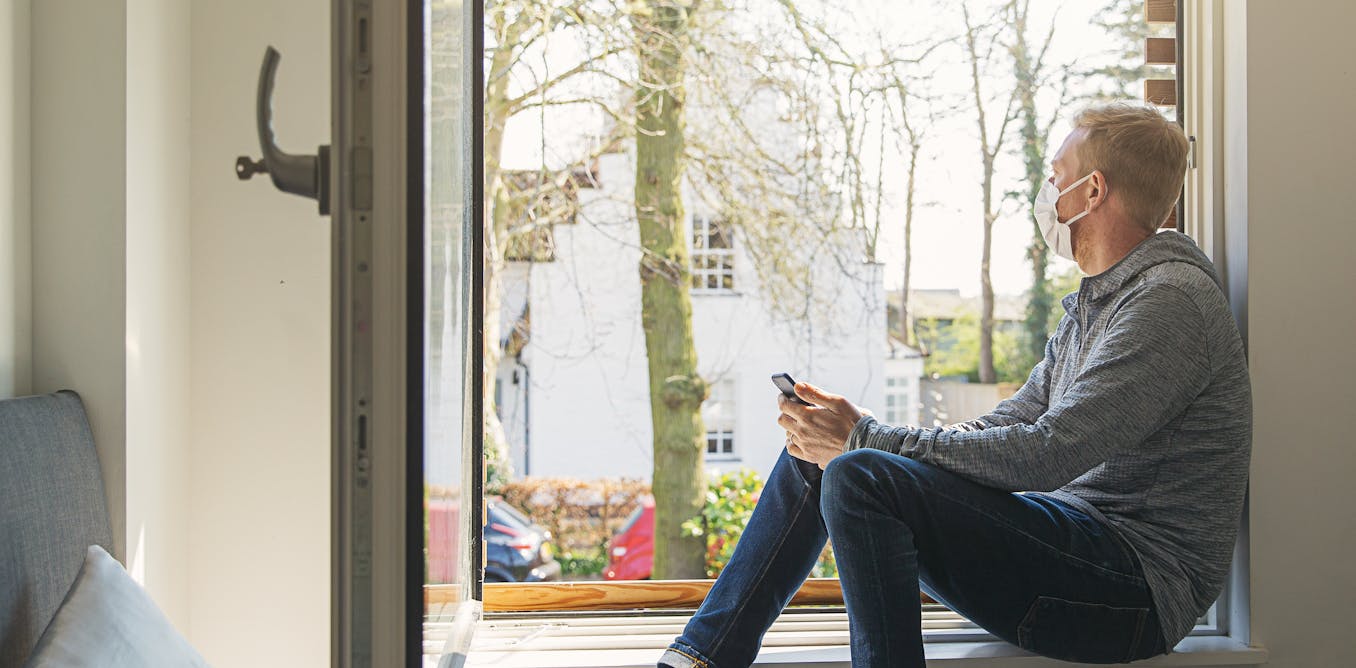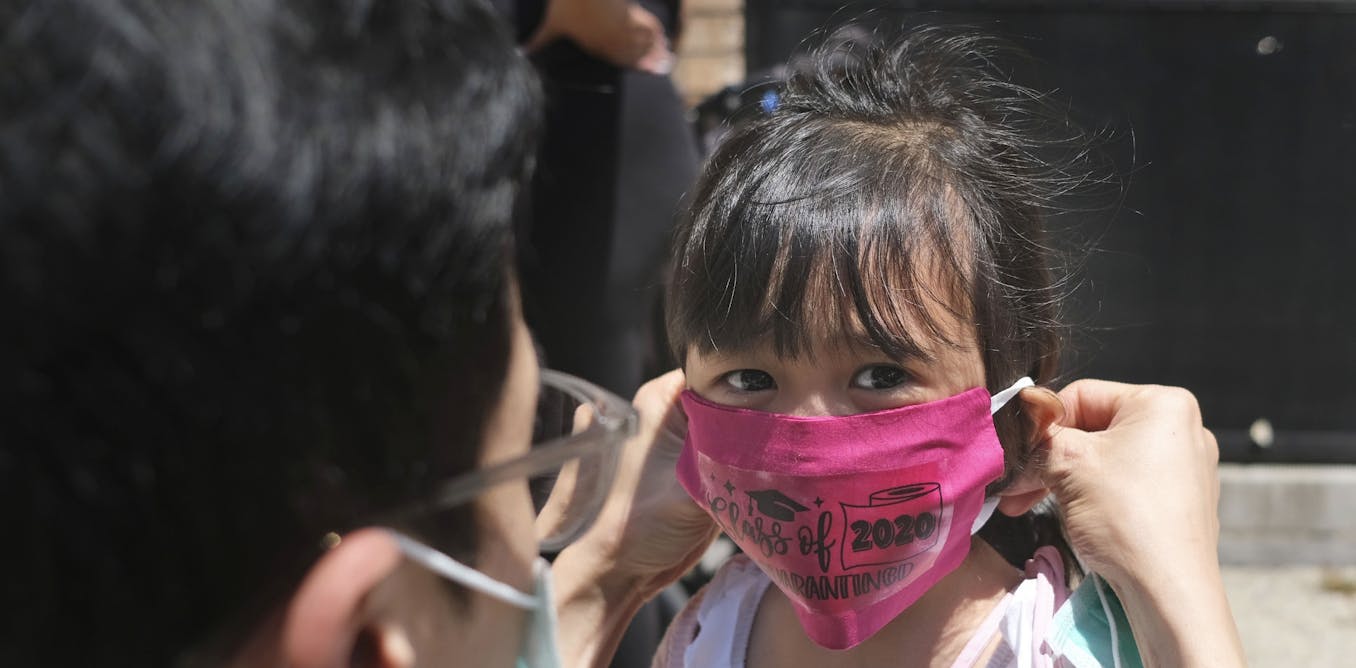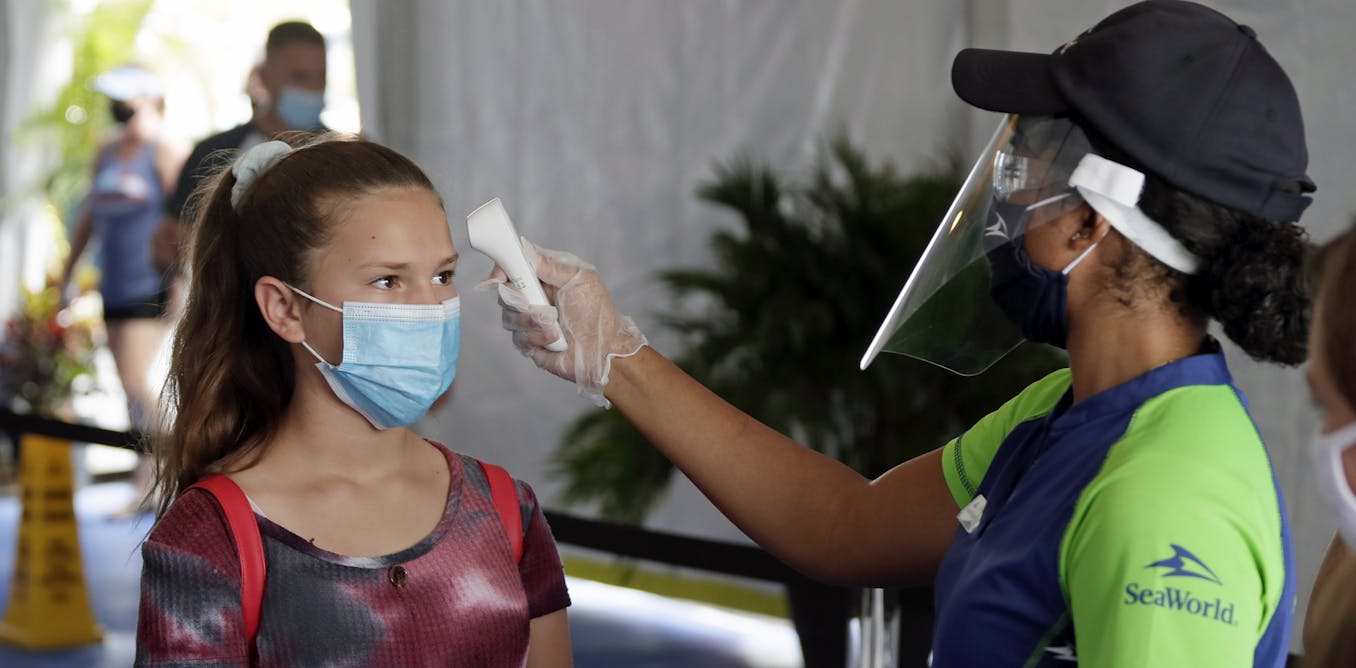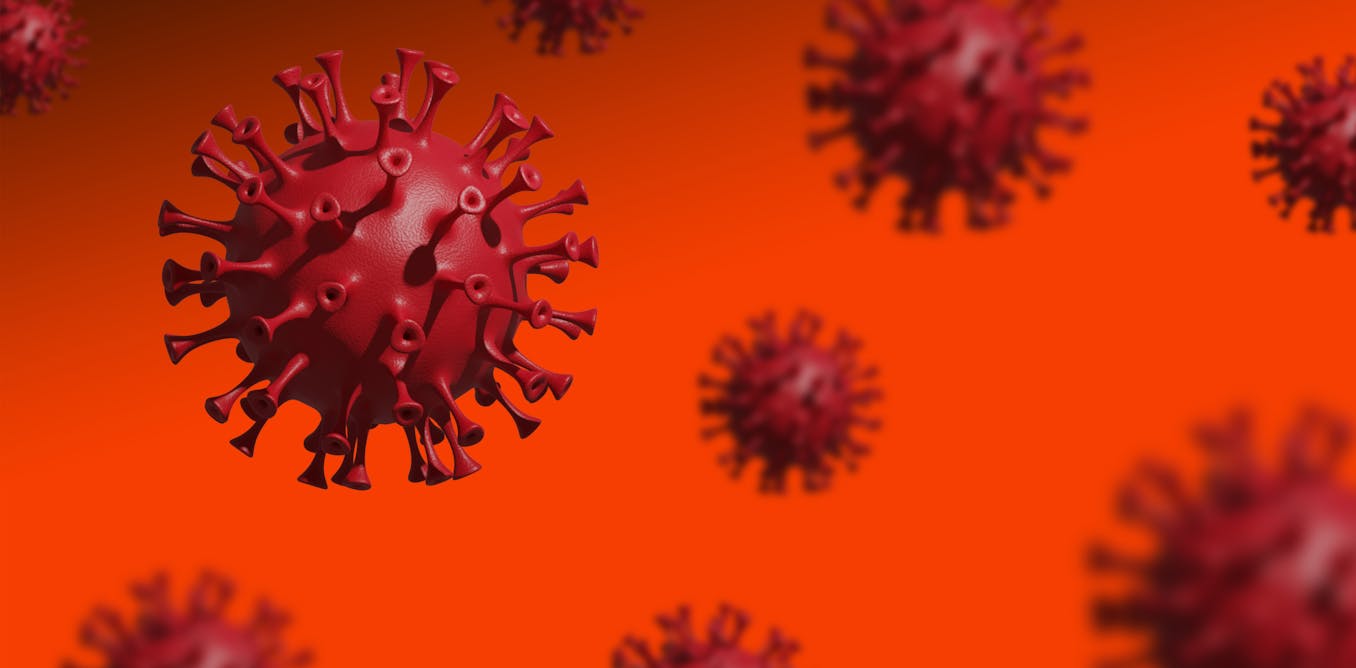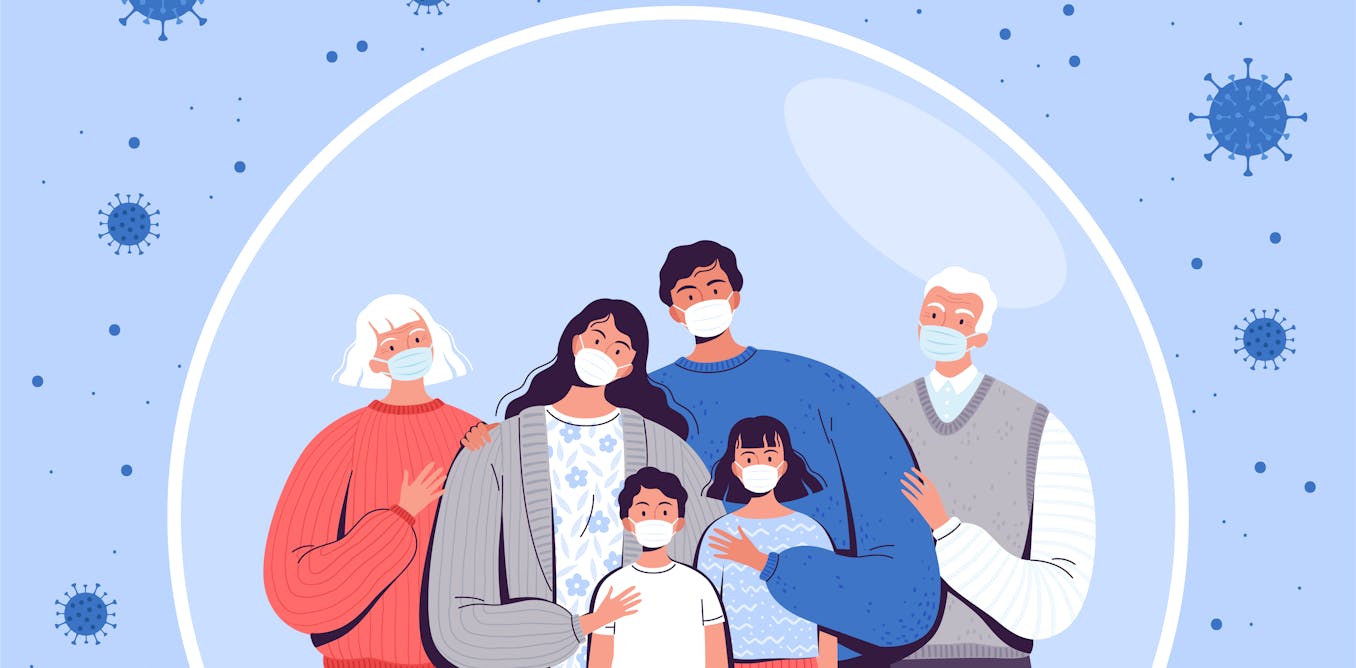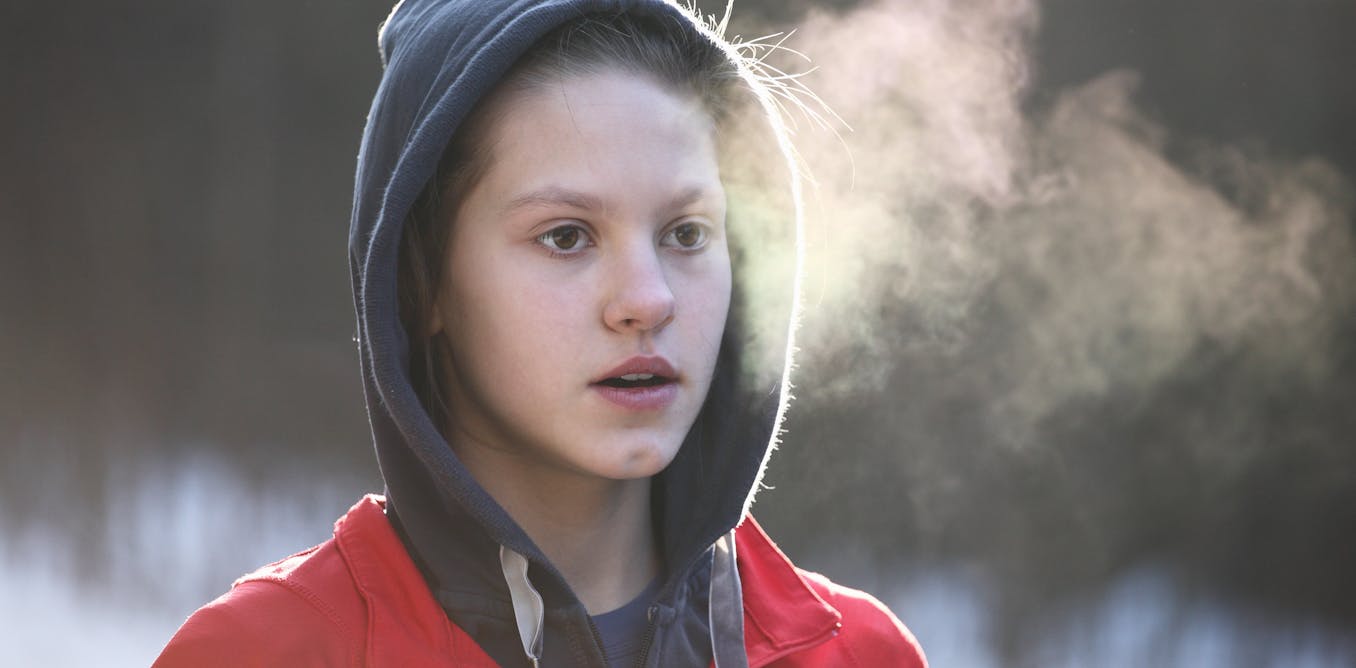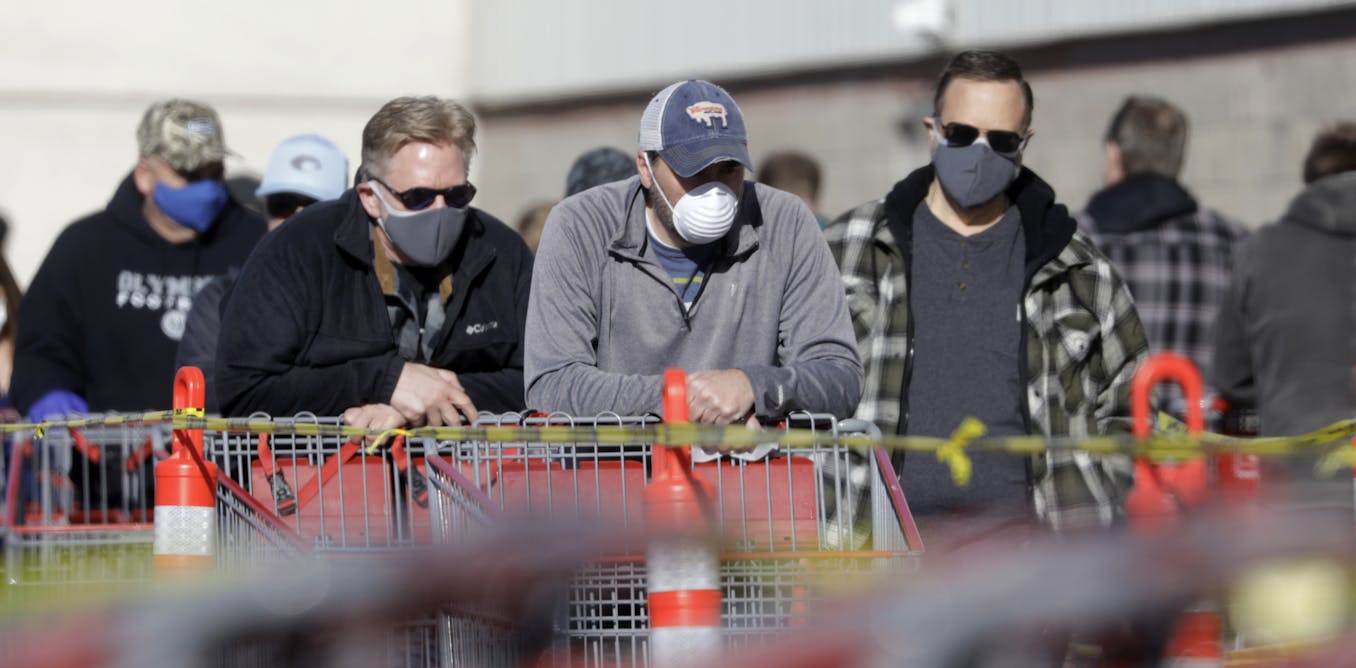How to host a safe holiday meal during coronavirus – an epidemiologist explains her personal plans
COVID-19 and holiday family gatherings are not a good pair. But taking the right precautions before, during and after the family gets together can greatly reduce coronavirus risk this holiday season.
Nov. 10, 2020 • ~7 min

